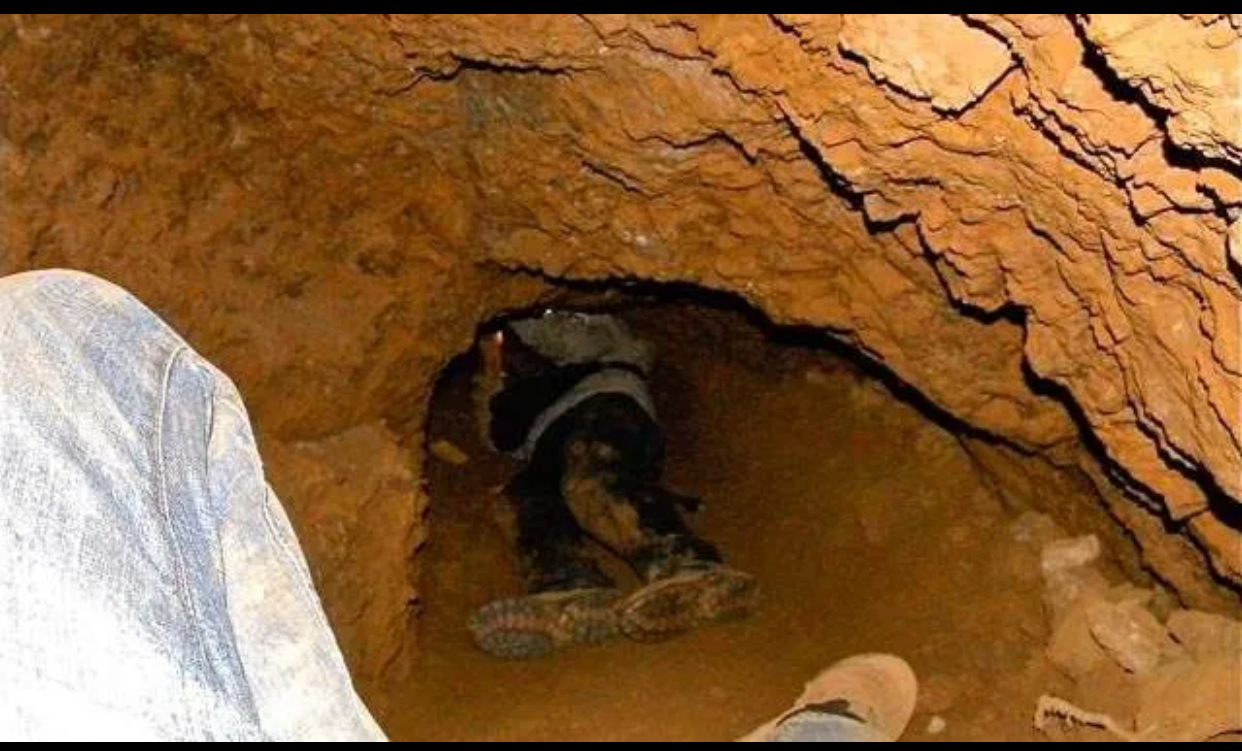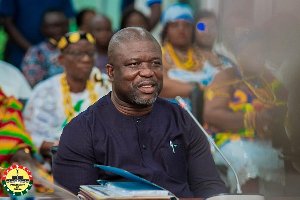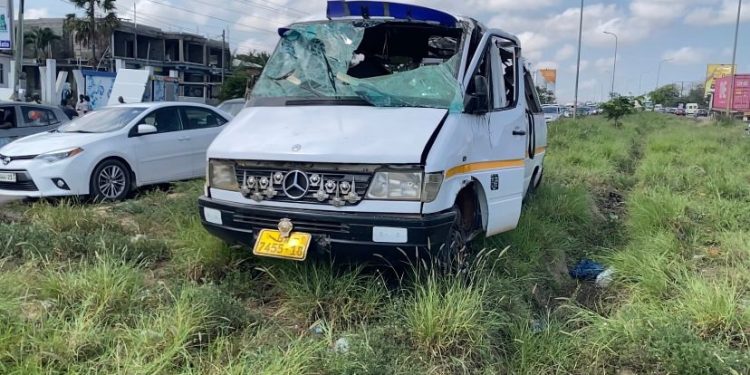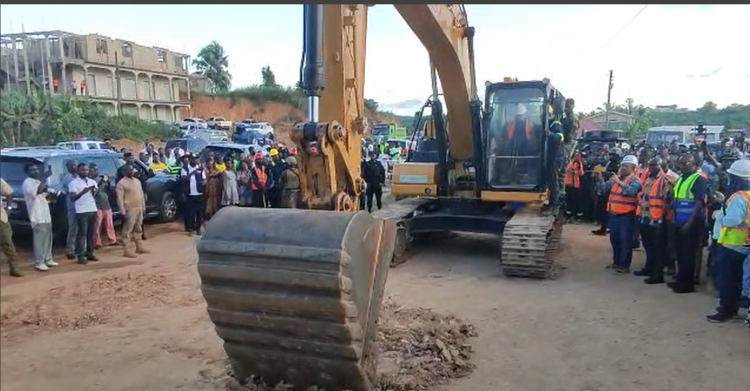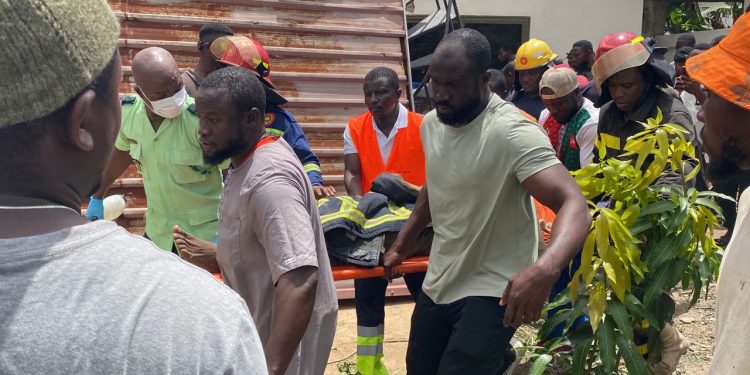More than 22 people have drowned in abandoned illegal mining pits in the Central Region over the past seven months, the Regional Director of the National Disaster Management Organisation (NADMO), Mr. Kwesi Dawood, has revealed.
He explained that the fatalities include not only illegal miners, commonly referred to as galamseyers, but also innocent community members—particularly women and children—who have no connection to mining activities. Describing the situation as both “alarming” and “heartbreaking,” Mr. Dawood warned that the true death toll could be higher due to underreporting.
Speaking at a media briefing following a Regional Security Council meeting, Mr. Dawood announced the launch of a special task force to reclaim abandoned mining sites across all mining districts in the region.
The task force, which will operate in Assin North, Assin Central, Upper Denkyira East and West, Twifo Ati-Morkwa, Twifo Hemang Lower Denkyira, and the Komenda-Edina-Eguafo-Abrem Municipality, brings together security agencies, NADMO, Metropolitan, Municipal and District Assemblies, the Environmental Protection Agency, the Minerals Commission, miners, and the media.
According to Mr. Dawood, the initiative aims to address both the environmental destruction and safety hazards posed by illegal mining. It also forms part of the government’s broader plan, led by the Regional Minister Mr. Ekow Payin Okyere Eduamoah, to convert degraded sites into productive farmland and tree plantations.
As part of the programme, heavy machinery has been deployed to reclaim the pits, while free crop seedlings will be distributed to local communities to encourage farming on restored lands. Mr. Dawood said this strategy, under the government’s “Tree for Life” policy, will promote the cultivation of cash crops such as cocoa, oil palm, and rubber, thereby providing alternative livelihoods.
He urged illegal miners to abandon their activities and join the reclamation effort, stressing that restoring farmlands is essential for national food security.
Representing the Regional Minister at the event, Mr. Abdullah Amoh also appealed to miners and communities to support the initiative as mapping and community engagement continue. He noted that reforestation, soil rehabilitation, and water purification would not only restore ecosystems but also reduce flooding risks, water pollution, and health challenges linked to toxic exposure.
Mr. Amoh further assured that the government would intensify enforcement against illegal mining, allocate resources for sustainable land restoration, and roll out public awareness campaigns to discourage galamsey while encouraging community-led environmental protection.
“Addressing the aftermath of illegal mining is vital for ecological balance, economic sustainability, and the well-being of present and future generations,” he stressed. “Without coordinated action to reclaim degraded sites, the environmental and social costs will only continue to rise.”



